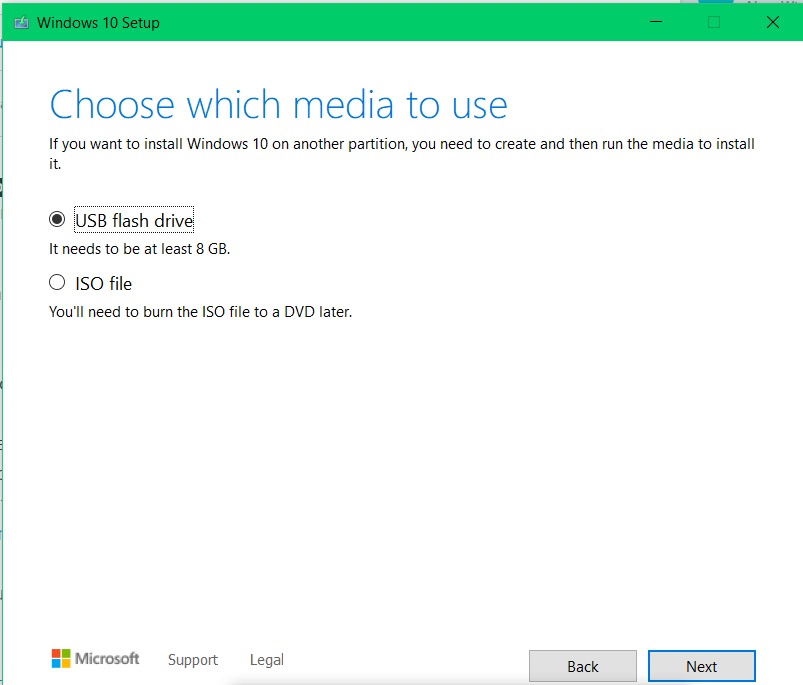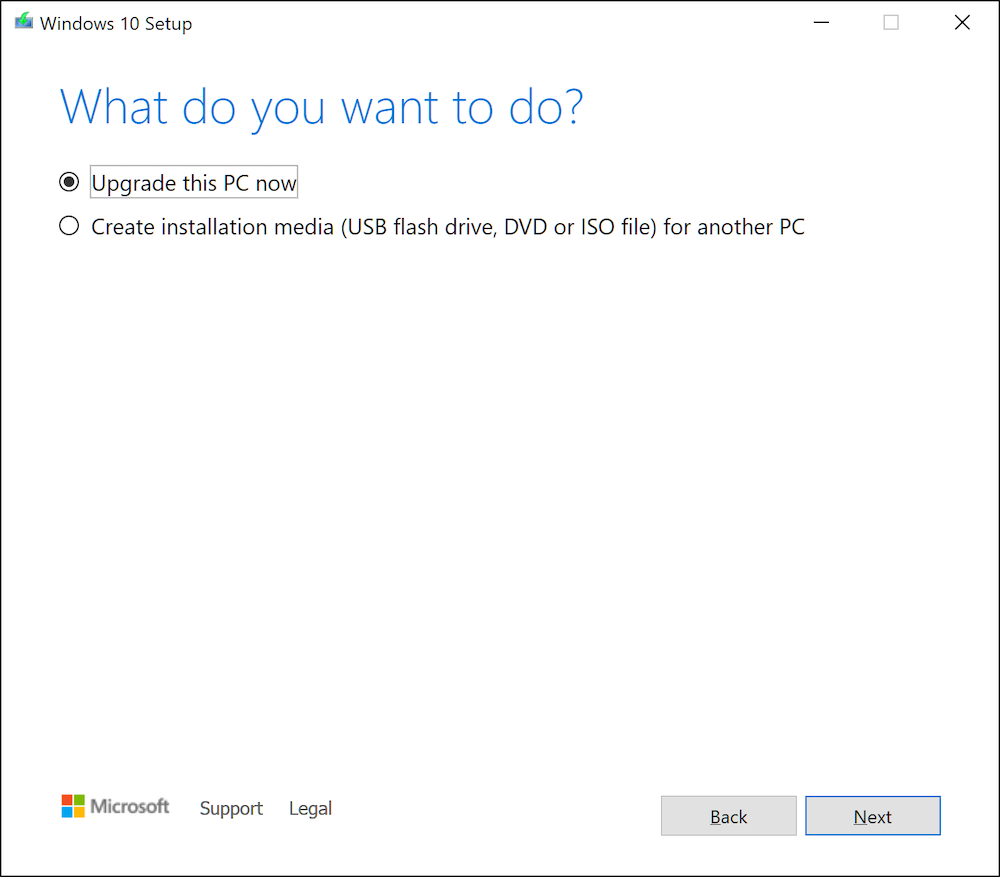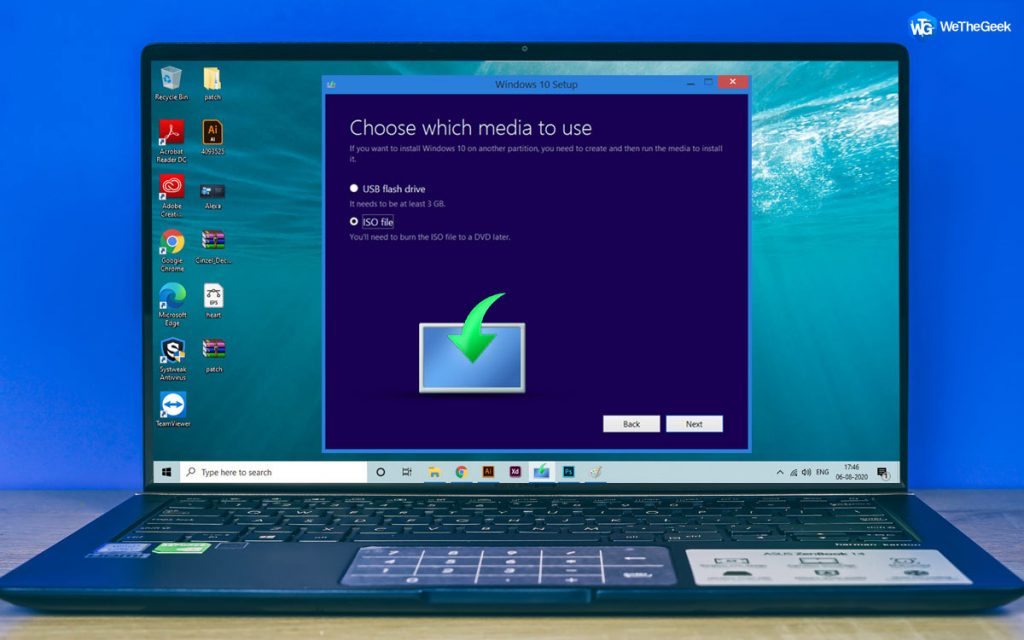

Basically, a product is offered Free to Play (Freemium) and the user can decide if he wants to pay the money (Premium) for additional features, services, virtual or physical goods that expand the functionality of the game. This license is commonly used for video games and it allows users to download and play the game for free. There are many different open source licenses but they all must comply with the Open Source Definition - in brief: the software can be freely used, modified and shared. Programs released under this license can be used at no cost for both personal and commercial purposes. Open Source software is software with source code that anyone can inspect, modify or enhance. Freeware products can be used free of charge for both personal and professional (commercial use). When he isn't working on a computer or DIY project, he is most likely to be found camping, backpacking, or canoeing.Freeware programs can be downloaded used free of charge and without any time limitations. He has designed crossovers for homemade speakers all the way from the basic design to the PCB.


He regularly repairs and repurposes old computers and hardware for whatever new project is at hand. He enjoys DIY projects, especially if they involve technology. He also uses Proxmox to self-host a variety of services, including a Jellyfin Media Server, an Airsonic music server, a handful of game servers, NextCloud, and two Windows virtual machines. He has been running video game servers from home for more than 10 years using Windows, Ubuntu, or Raspberry Pi OS. Nick's love of tinkering with computers extends beyond work.

In college, Nick made extensive use of Fortran while pursuing a physics degree. Before How-To Geek, he used Python and C++ as a freelance programmer. He has been using computers for 20 years - tinkering with everything from the UI to the Windows registry to device firmware. Nick Lewis is a staff writer for How-To Geek.


 0 kommentar(er)
0 kommentar(er)
